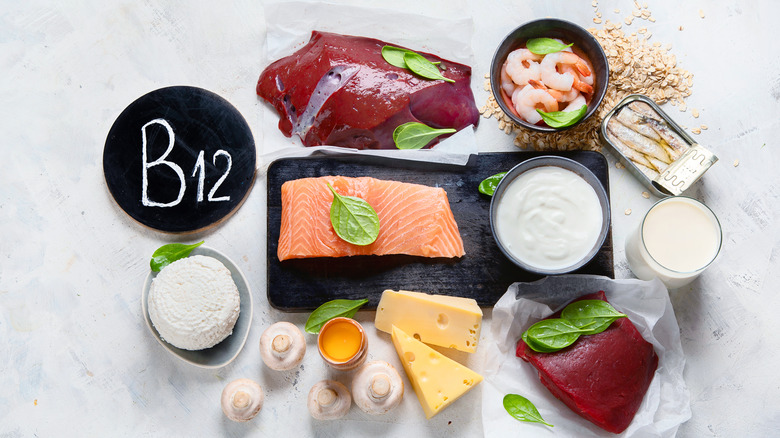There are many tools available to help treat depression — medication, exercise, therapy — and science is now showing that proper nutrition can help as well.
According to the National Alliance on Mental Illness (NAMI), depression affected 8.4% of U.S. adults in 2024. Depressive disorder is a serious mental condition that should not be taken lightly — it’s more than just feeling sad or going through a hard time. Symptoms impact daily life, are usually present for more than a couple of weeks at a time, and can include changes in sleep and appetite, lack of concentration and energy, hopelessness, agitation, and suicidal thoughts. While things like trauma, genetics, and drug abuse can cause depression, it can also happen spontaneously. Depression is typically treated with psychotherapy, medication, exercise, brain stimulation therapies, and light therapy.
While more research is needed to explore the connection between diet and depression, a 2024 analysis published in Psychiatry Research showed that there is a higher risk of depression associated with the typical Western dietary pattern of processed foods, sweets, refined grains, and low intakes of fruits and vegetables. So how do vitamins and nutrients factor in?
B vitamins and the link with depression

According to the Mayo Clinic, B vitamins contribute to the production of brain chemicals that affect mood. If your diet does not include healthy sources of vitamin B-12 and B-6, you may be more likely to develop depression. In a study by BioMedCentral Psychiatry, it was found that changing the levels of B vitamins in the body may alter depression. This study was conducted through dietary changes rather than through the use of supplements.
Vitamin B-12 isn’t produced by the body, and since it is only naturally found in animal products like meat, eggs, and dairy, vegetarians and vegans are at a greater risk of developing a deficiency (via Harvard Health Publishing). Likewise, people who struggle with absorbing nutrients are often deficient in B vitamins.
The best way to make sure you’re getting enough B vitamins and reducing your risk of depression is by eating a healthy diet of fish, lean meat, low-fat milk, and eggs (via Mayo Clinic).



